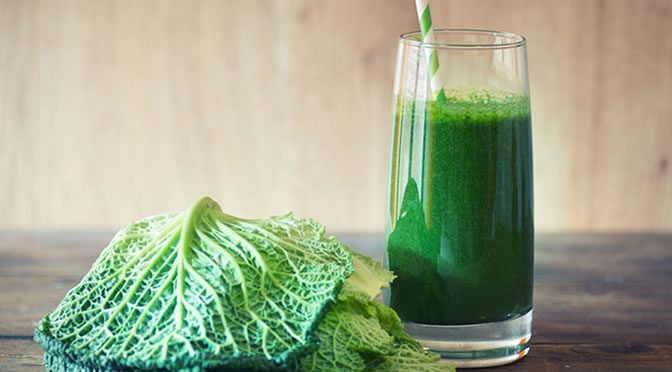New research explains why many diet plans are doomed from the start.
Successful dieters tend to choose to eat healthy foods that they really like, a new study finds.
They also tend to avoid foods that are easier for them to give up rather than the ones they really love.
However, adopting the wrong strategy is common among unsuccessful dieters.
They tend to replace their favourite foods with less attractive choices.
Dr Meredith David, the lead author of this study, said:
“Our research shows that instead of creating rules to avoid one’s favorite treats, dieters should focus on eating healthy foods that they enjoy.
Dieters who restrict themselves from consuming the foods they love most may be setting themselves up for failure.
Instead, they may be better off by allowing occasional ‘treats’ and focusing attention on healthy foods that they enjoy and making it a point to include those tasty, but healthy foods in their diet.”
The study of 542 people found that it all came down to self-control.
Dr David said:
“In coming up with plans to enhance one’s health and well-being, low self-control individuals tend to set themselves up for a harder pathway to success by focusing on avoiding the very foods they find most tempting.
Our data reveals that individuals who are generally more successful at reaching their goals tend to develop more motivating plans regarding the inclusion of healthy, well-liked items and the exclusion of unhealthy items that are not one’s favorites.”
For the study, participants were asked to list precise rules for their diet.
The researchers found a critical difference between those who achieved their goals and those who didn’t:
- Low self-control individuals who generally didn’t achieve their goals listed rules which involved avoiding and limiting certain foods.
- Individuals with successful plans listed rules which involved consuming foods or things to approach.
When participants were asked to list unhealthy foods to avoid for their diet plan, the researchers found that:
- Low self-control individuals thought about giving up the most tempting foods or their favourite snacks.
- Those with high self-control thought about avoiding foods which they liked, but giving them up wasn’t unrealistic.
When people were asked to think about eating healthy foods:
- Low self-control individuals thought of adding types of foods in their diet which were not palatable or they didn’t like, such as brussels sprouts or kale.
- High self-control people thought of pleasant foods such as strawberries.
Dr David said:
“Frequent attention is given to health advice surrounding well-intentioned lists of ‘magical’ foods that everyone should eat or practically ‘poisonous’ foods that people should avoid consuming.
The next time you decide to go on a diet or seek to improve your health by altering your food consumption, opt for strategies that focus on including healthy foods in your diet, and focus specifically on those healthy foods that you really enjoy eating.”
The study was published in the journal Psychology & Marketing (David & Haws, 2016).
Kale image from Shutterstock
